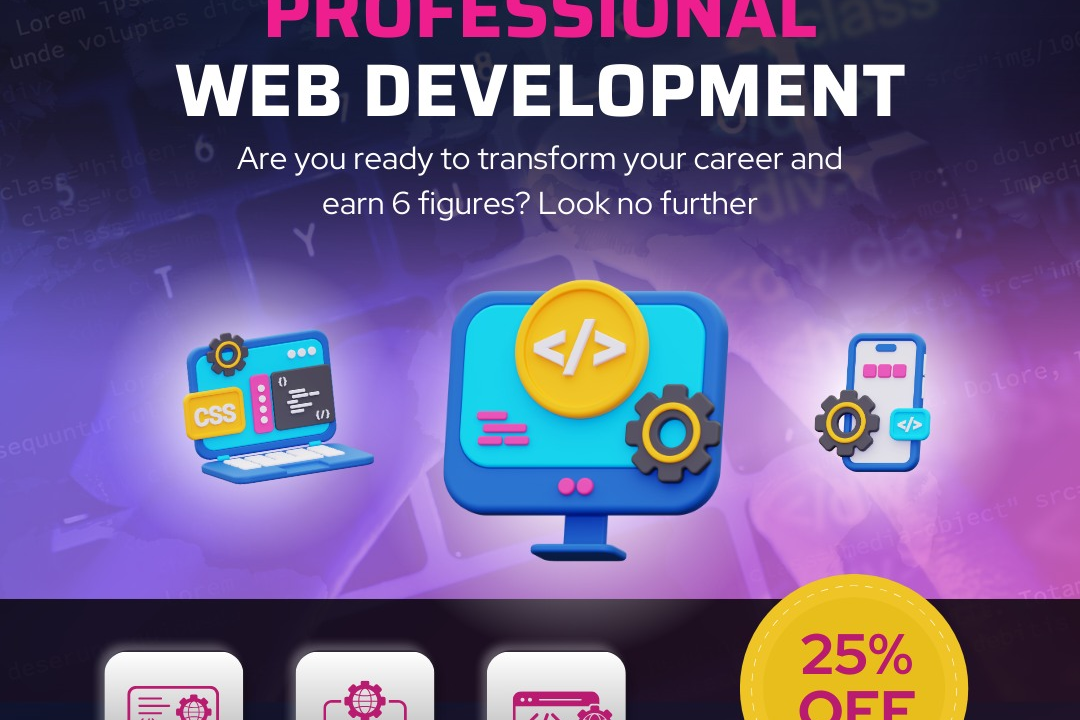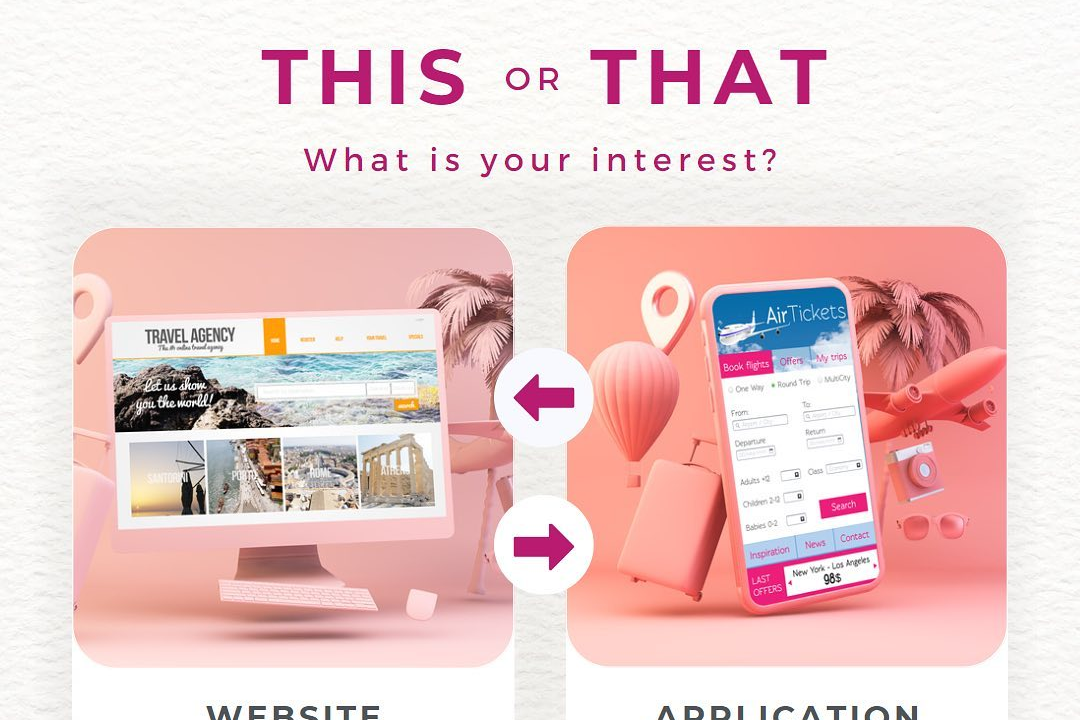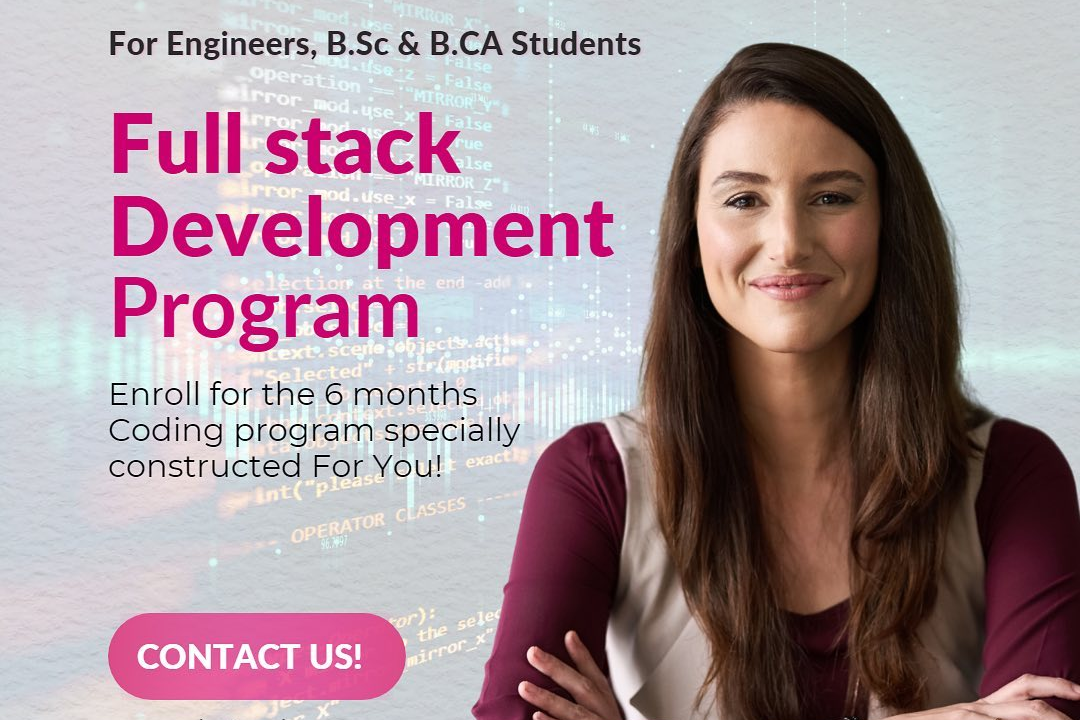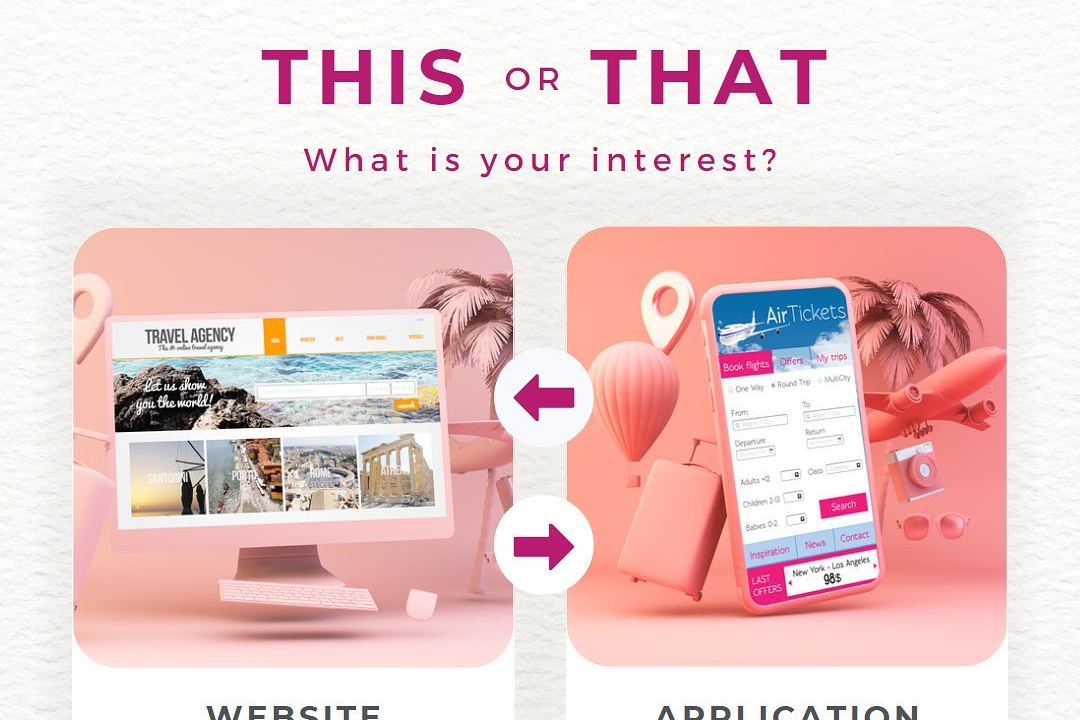Advanced Interview Questions On Angular 4
Advanced Angular 4 Interview Questions
Advanced Interview Questions On Angular 4
Advanced Angular 4 interview questions delve deep into the intricacies of the framework, evaluating candidates' understanding of its core concepts, best practices, and troubleshooting abilities. By posing these questions, interviewers can assess a candidate's proficiency in complex topics such as dependency injection, change detection, performance optimization, and reactive programming. These questions are vital not only for ensuring that candidates possess the technical expertise but also for identifying those with the critical thinking and problem-solving skills to contribute effectively to real-world projects.
To Download Our Brochure: https://www.justacademy.co/download-brochure-for-free
Message us for more information: +91 9987184296
1 - Explain the architectural differences between Angular 4 and AngularJS.
Angular 4 uses a component based architecture, while AngularJS uses a directive based architecture.
Angular 4 uses a dependency injection system, while AngularJS uses a service locator.
Angular 4 uses a change detection system, while AngularJS uses a digest cycle.
2) Describe the lifecycle of an Angular 4 component.
A component is created by a constructor, which is called when the component is first instantiated.
The component's properties are initialized by the ngOnInit lifecycle hook, which is called after the constructor.
The component's view is rendered by the ngAfterViewInit lifecycle hook, which is called after the view has been initialized.
The component is destroyed by the ngOnDestroy lifecycle hook, which is called when the component is destroyed.
3) Explain the difference between a template and a directive.
A template is a static HTML file that defines the structure of a component's view.
A directive is a class that can be used to modify the behavior of a component's view. Directives can be used to add functionality to a component, such as data binding, validation, or event handling.
4) Describe the different types of dependency injection in Angular 4.
There are three types of dependency injection in Angular 4: constructor injection, property injection, and method injection.
Constructor injection is the most common type of dependency injection. It involves passing a list of dependencies to the constructor of a component or service.
Property injection involves passing a dependency to a property of a component or service.
Method injection involves passing a dependency to a method of a component or service.
5) Explain the purpose of the Angular CLI.
The Angular CLI is a command line interface tool that can be used to create, build, and test Angular applications. The CLI can be used to create new projects, generate components, services, and directives, and build and deploy applications.
undefined
Course Overview
This advanced course delves into the intricate and challenging interview questions surrounding Angular 4. It covers core concepts, from deep dives into data binding and change detection to advanced techniques like RxJS and dependency injection. With a focus on real-world scenarios, this course prepares candidates to confidently tackle even the most complex Angular 4 interview questions.
Course Description
Delve into the intricacies of Angular 4 interview questions with this advanced course. Master complex concepts, including dependency injection, performance optimization, testing, and advanced components. Enhance your understanding of Angular 4's architecture, best practices, and debugging techniques to excel in your job interviews.
Key Features
1 - Comprehensive Tool Coverage: Provides hands-on training with a range of industry-standard testing tools, including Selenium, JIRA, LoadRunner, and TestRail.
2) Practical Exercises: Features real-world exercises and case studies to apply tools in various testing scenarios.
3) Interactive Learning: Includes interactive sessions with industry experts for personalized feedback and guidance.
4) Detailed Tutorials: Offers extensive tutorials and documentation on tool functionalities and best practices.
5) Advanced Techniques: Covers both fundamental and advanced techniques for using testing tools effectively.
6) Data Visualization: Integrates tools for visualizing test metrics and results, enhancing data interpretation and decision-making.
7) Tool Integration: Teaches how to integrate testing tools into the software development lifecycle for streamlined workflows.
8) Project-Based Learning: Focuses on project-based learning to build practical skills and create a portfolio of completed tasks.
9) Career Support: Provides resources and support for applying learned skills to real-world job scenarios, including resume building and interview preparation.
10) Up-to-Date Content: Ensures that course materials reflect the latest industry standards and tool updates.
Benefits of taking our course
Functional Tools
1 - Angular CLI (Command Line Interface): A powerful tool used to create, build, and run Angular applications. It can generate code, add components, serve applications, and more.
2) Angular Material: A comprehensive library of reusable components, styles, and tools for building modern, responsive interfaces. It provides a wide range of pre built components such as buttons, tables, and dialogs, enhancing the development speed and consistency.
3) RxJS: A reactive programming library for managing asynchronous data streams. It allows developers to easily manipulate and respond to changes in data over time, making it a valuable tool for handling real time data and complex events.
4) ngrx/store: A state management library based on Redux, a predictable state container. It provides a way to manage the application's state in a structured and centralized manner, facilitating the development and debugging of large scale applications.
5) DevTools: A browser extension that provides deep insights into the performance and behavior of Angular applications. It enables developers to view the application's component tree, track changes to the state, and identify performance bottlenecks.
6) Unit Testing Frameworks: Such as Karma and Jasmine, are essential for testing the logic and behavior of Angular applications. They allow developers to isolate components and ensure their functionality, reducing the risk of errors and improving the overall quality of the codebase.
Strategies to Increase Points:
1. Redeem Points Regularly:
- Use points for purchases or rewards as soon as possible to avoid expiration or devaluation.
- 2. Enroll in Loyalty Programs:
- * Join loyalty programs offered by airlines, hotels, credit card companies, and retailers. These programs typically offer points for each purchase or transaction.
- 3. Use Credit Cards that Earn Points:
- * Apply for credit cards that offer bonus points on specific categories, such as travel, dining, or gas. Use these cards for eligible purchases to accumulate points.
- 4. Refer Friends and Family:
- * Many loyalty programs offer referral bonuses for referring new members. Encourage friends and family to join using your referral link or code.
- 5. Take Advantage of Promotions:
- * Look for special promotions and offers that provide bonus points for certain purchases or activities. These include sign up bonuses, in store discounts, and double point weekends.
- 6. Make Large Purchases:
- * If possible, consolidate large purchases to earn more points. Check with merchants or loyalty programs for special promotions or bulk discounts.
- 7. Link Credit Cards to Loyalty Accounts:
- * Connect your credit cards to your loyalty accounts to automatically earn points on every purchase.
- 8. Utilize Transferable Points:
- * Choose credit cards or loyalty programs that offer the flexibility to transfer points to other airlines or hotel programs. This allows you to combine points from multiple sources for larger rewards.
- 9. Shop through Portals:
- * Use online shopping portals that partner with loyalty programs. When you make purchases through these portals, you can earn additional points or miles.
- 10. Pay Attention to Spending Habits:
- * Analyze your spending patterns and identify categories where you spend the most. Focus on earning points in those categories to maximize your rewards.
- 11. Negotiate for Points:
- * When booking flights or hotel stays, inquire about additional bonus points or upgrades. Politely ask for extra points as a courtesy or loyalty perk.
- 12. Participate in Surveys and Contests:
- * Take surveys or participate in contests sponsored by loyalty programs to earn bonus points. These activities may require providing personal information or completing tasks.
Browse our course links : https://www.justacademy.co/all-courses
To Join our FREE DEMO Session: Click Here
This information is sourced from JustAcademy
Contact Info:
Roshan Chaturvedi
Message us on Whatsapp: +91 9987184296
Email id: info@justacademy.co
Interview Questions Of 2 Year Node Js












